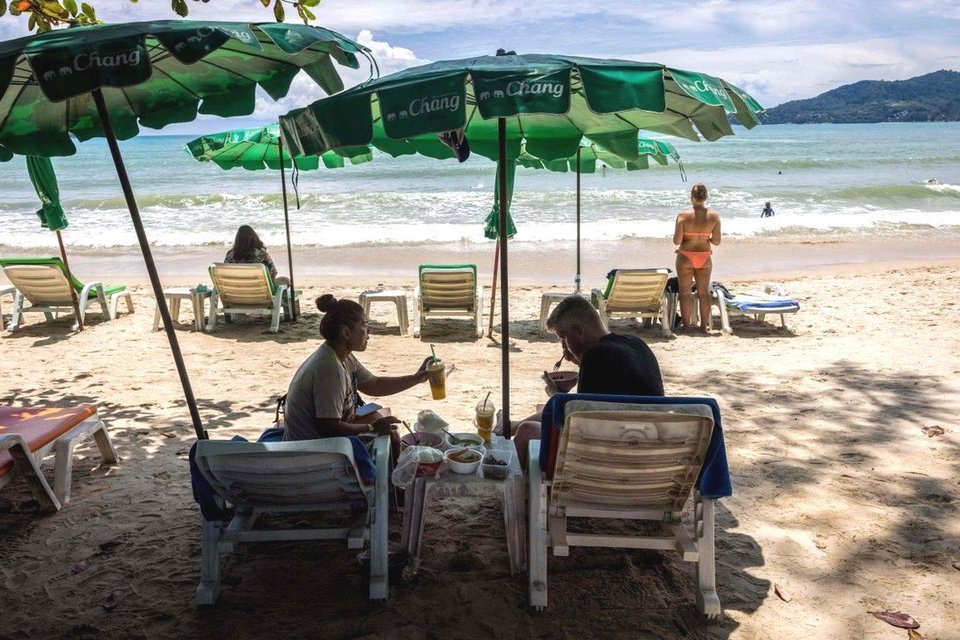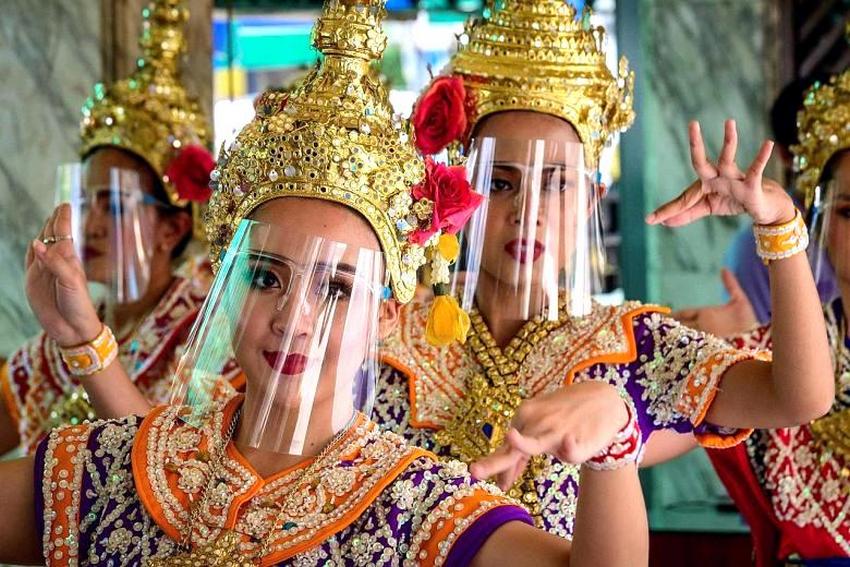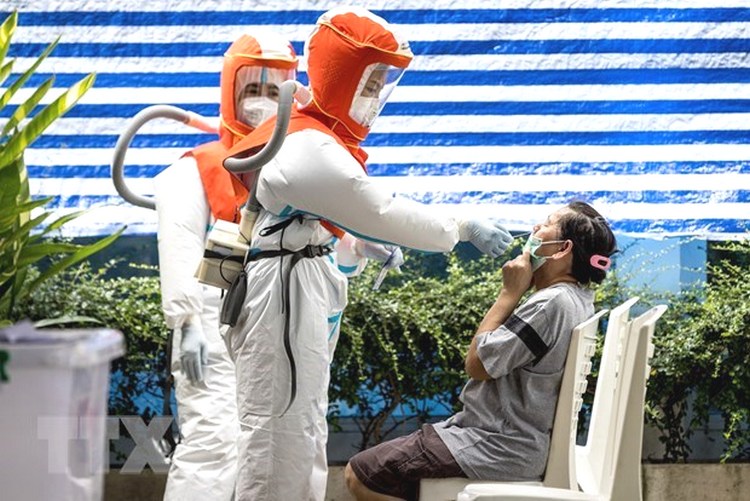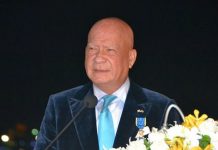
The surprise announcement by the Thai premier that fully-vaccinated tourists from selected “low-risk” countries will be able to land in Thailand from November 1 without quarantine is a shot in the arm for the battered tourist industry. But potential visitors will still need to cope with the bureaucratic procedures of the compulsory certificate of entry issued by Thai embassies round the world.
Under Prayut Chan-o-cha’s proposals, vaccinated visitors from the UK, the US, Germany, China and Singapore (with others to come) will qualify for unrestricted entry provided they have the prior approval of the Thai embassy in the country of departure. That will require a recent recognized anti-virus health test and compulsory Covid insurance to the value of US$100,000 in all cases. Other requirements for the certificate of entry vary according to the specific visa, or visa waiver, actually applied for. These can include proof of income, evidence of advance accommodation in Thailand, or even additional health (non-Covid) insurance cover.

Full details will not be available on the websites of Thai embassies for a week or two because the premier’s plans have to be ratified by the government’s top health committee and then tabulated by the Ministry of Foreign Affairs for distribution to diplomatic posts abroad. In an immediate response, the Kasikorn bank’s research department said that, in the short term, the revised policy was welcome but was a modest move because most tourists planned vacations months in advance.
The new policy will see the abandonment of Sandbox initiatives since they require tourists to pre-register in a hotel and sleep there for seven nights before being allowed to travel beyond a specified area. The prime minister’s statement clearly envisages that approved visitors will be free to do their own thing immediately upon landing by air, subject to one more Covid test post arrival. The new policy also envisages alcohol sales becoming legal in restaurants, bars and clubs from December 1. That assumes the virus behaves itself in the meantime.

As one of the chosen people, Brits are said to be pleased with the announcements. British Airways said that it would be examining new schedules and travel consortium leader Greg Watkins prophesied more bookings for Christmas and the New Year. However, he warned that travel to Thailand was now more expensive with rising airfares, Covid insurance, embassy charges, RT-PCR health tests and even a new Thai travel tax – all pushing up costs. But he welcomed the fact that Thai residents and expats returning to their Thai homes would no longer have to sleep in an hotel for their first seven days.
The new “sunshine” policy will also depend on government reactions abroad. China is included in the initial list of approved countries, but authorities there still ban foreign tour groups and insist on lengthy quarantine restrictions for their returning citizens. The US has not yet abandoned its advice not to travel to Thailand because of health risks, whilst nations which are believed to be keen to restart vacation travel links (Russia, South Korea, Vietnam and India) are not on the priority list. Not yet anyway.
Pattaya business sources are said to be delighted that booze and fun hopefully will be back on the agenda well before Christmas. Some entertainment businesses, such as the resort’s famous transvestite cabarets, will likely stay closed until they see an actual improvement in international arrivals. The Walking Street will remain in darkness as no operating permits are being issued there. But hundreds of bars and clubs elsewhere in the city will be removing their padlocks. Not business as usual by any means, but a step in the right direction. That’s for sure.
 |
 |
 |





